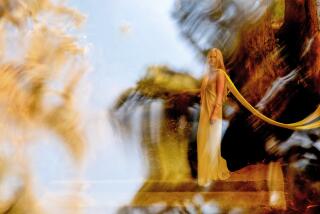Three Questions for Mary Rakow
Question: How do you compare the private horror of sexual abuse with the very public horror of the Holocaust?
Answer: For me, to compare the two would come from a desire to place horrors on a kind of grid. It would be an act of cowardice. This kind of measuring dulls compassion, or at least it would in me. And writing--in fact all art--can and perhaps must be a kind of act of compassion.
Q: Do you feel the form of the novel is inadequate to describe the cruelty (and maybe also the beauty) of the world?
A: Writers work the way that pleases them. You want this congruence between what you put on the page and what exists in your head. And when you’ve “nailed it,” then you feel intense pleasure. I think pleasure drives these things more than statements about the viability or death of certain forms. I did not set out to write a novel that was unusual in form or that engaged in these kinds of questions.
I wrote “The Memory Room” so that the ink on the page, when read, was as close as I could get it to how I heard the words in my own head. I read very few novels and I finish even fewer. I mostly read poems. In most novels I’ve tried reading there is just way too much information compared to the sensation of movement.
Q: You’ve said that you are a very “new” reader, by which I think you mean reading outside of academia. How has becoming a reader changed your writing?
A: I only began reading fiction and poetry in my mid-40s, about halfway through “The Memory Room.” Now I read all the time. And the new work will form a kind of dialogue with what I read, as it must be for all writers. I am trying to learn, though late in the game, what the domain of the page is. What can happen on the page that cannot happen anywhere else.
More to Read
Sign up for our Book Club newsletter
Get the latest news, events and more from the Los Angeles Times Book Club, and help us get L.A. reading and talking.
You may occasionally receive promotional content from the Los Angeles Times.







